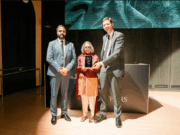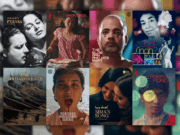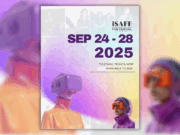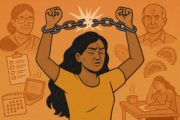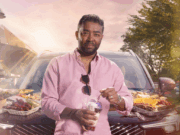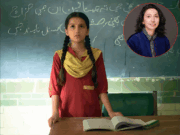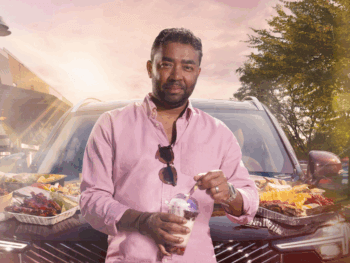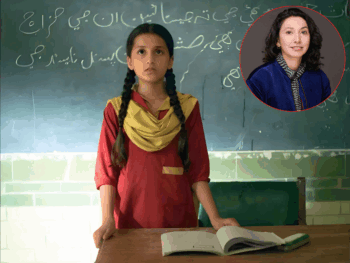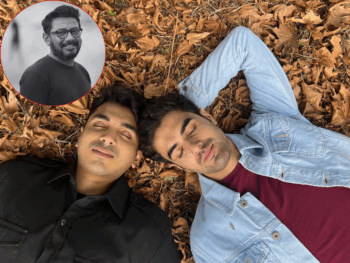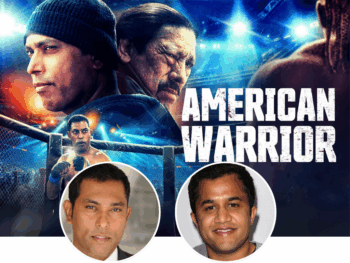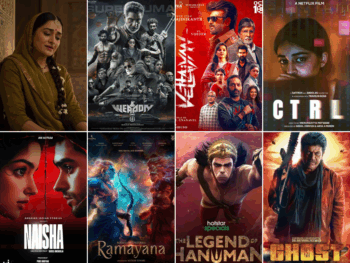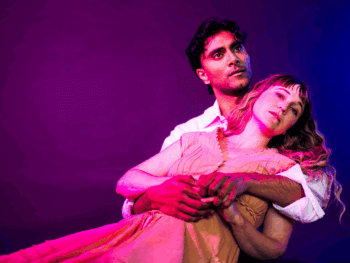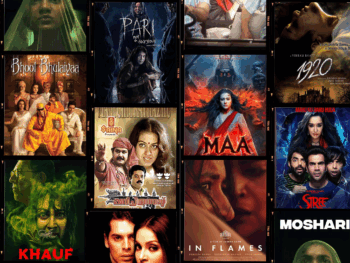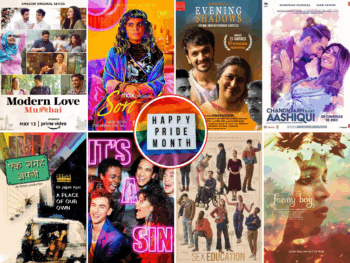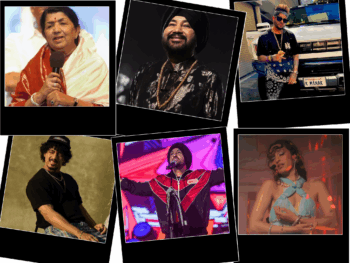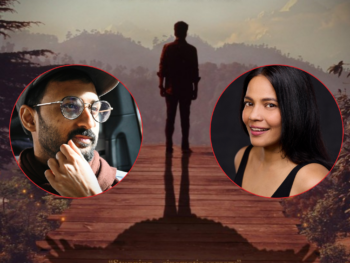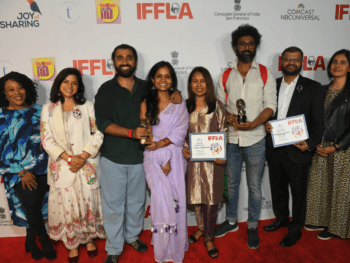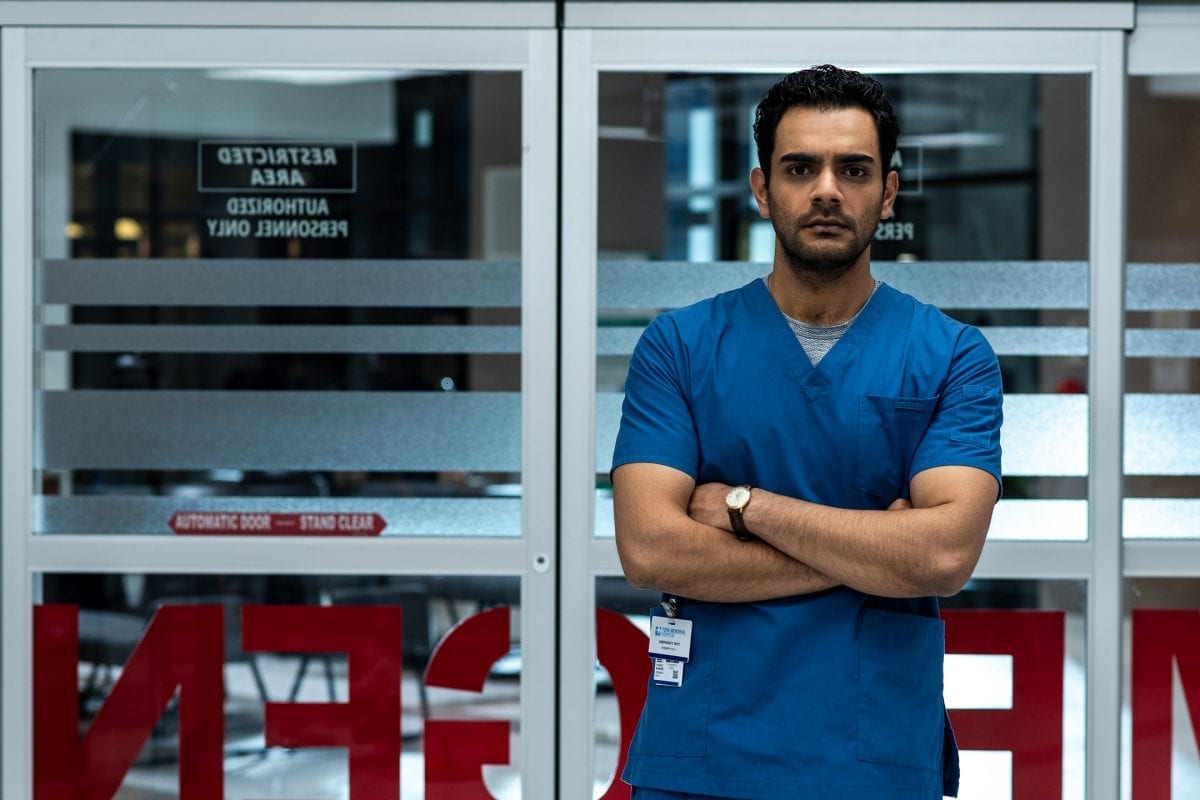
‘Transplant’ Star Hamza Haq Represents The Refugee Experience On His Top-Rated TV Drama
Entertainment May 15, 2020
Leading man Hamza Haq tells us about grafting a timely refugee story onto a traditional doctor drama in the hit series Transplant.
The medical drama is among TV’s oldest and most well-worn genres. Even among the greats, it’s rare to find a show that brings something genuinely new to the operating table.
And though CTV’s Transplant may business as usual in terms of the in-hospital action, the series distinguishes itself in the personal journey of its leading man — a Syrian refugee who gets the unlikely chance to become a doctor again in the E.R. of a major Toronto hospital.

The pilot, aired back in February, was more thriller than medical procedural, starting as it did with a truck crashing through the entrance of a shawarma shop. It’s here that one of the employees, Bashir “Bash” Hamed (Hamza Haq), calls upon not only his medical training, but his years treating patients in a warzone, repurposing the tools at hand to perform complex life-saving procedures. The rest of that first hour finds Bash, himself injured, at York Memorial hospital as a patient, dodging a suspicious cop while struggling to sneak away and find the little sister (Sirena Gulamgaus) he’s raising by himself, all the while discreetly lending a hand to the overwhelmed hospital staff. By the end, brother and sister are reunited and all is well, but it turns out one of the men he saved in that restaurant was this very hospital’s head of E.R. (John Hannah), who’s inspired by this near-death experience to recruit Bash as a permanent member of his team.
The premise was intriguing enough to make Transplant the most-watched English-language Canadian debut since The Indian Detective back in 2017. (Luckily, production on this Toronto-set, Montreal-shot hit wrapped up well before the COVID-19 shutdowns, but the studio did donate its personal protective equipment to local Montreal hospitals.) And though the rest of this first season has been much more reminiscent of your conventional doctor drama, the portrayal of the refugee experience has very much carried through. we got to speak with star Hamza Haq about just how important it is to see these types of underrepresented stories on TV, the pressure he felt as a second-generation Pakistani-Canadian portraying the Syrian refugee experience and getting to act opposite one of his idols, John Hannah.
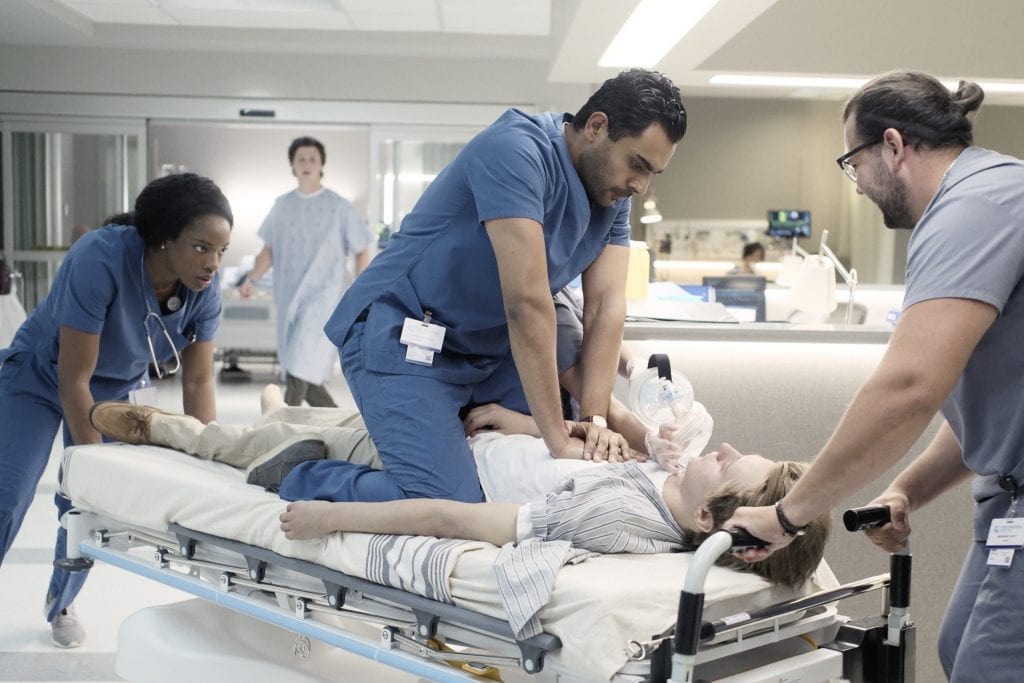
Matthew Currie: You’ve been working steadily for years now, but it’s a little different when you’re No. 1 on the call sheet.
Hamza Haq: Yeah, that was the big thing. When they put all the posters up around the city, [the publicist and I] had this conversation about, like, “I don’t want to be the only guy on the poster, because then I don’t have anybody else to share that responsibility with!” But ultimately, pretentiously enough, I say that story is No. 1 on the call sheet.
MC: What does it mean for you to be on a show that truly engages with the immigrant experience, the refugee experience?
HH: It’s great. It’s such a blessing to be in that position because I’ve been in audition rooms where there’s a dozen of us and we’re all going for a part that has nothing to do with that. And to finally have a show that’s trying to tell that story, and hopefully opening the door for future stories, it’s humbling, it’s great and frankly it’s long overdue.
MC: There have been strides made in recent years, but how far away is the TV industry from the ideal of true representation?
HH: I’m equal parts optimist and realist. I would like to say hopefully not too far, if people are willing to invest in projects that tell a story alternate to the current accepted narrative. But also, it lies on us as South Asian actors and Middle Eastern actors and anyone from a marginalized community to really stand up and be brave about telling our stories. I’m so fortunate that I was brought this story, that this story was birthed somewhere else and it came to me, but we also can’t wait around for people to be interested in telling our stories.
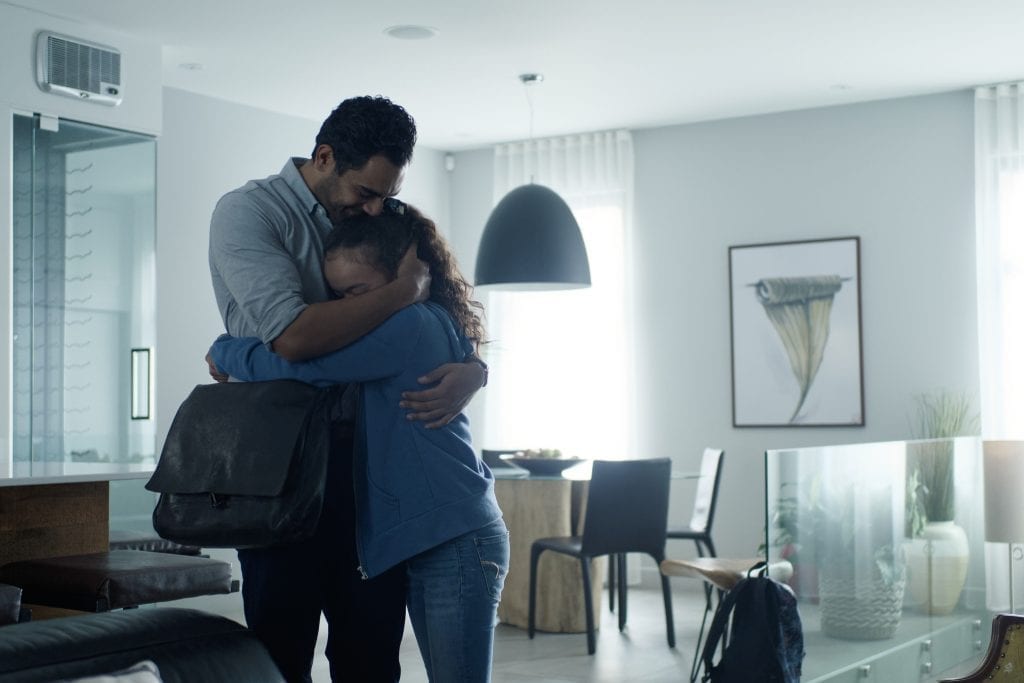
MC: How does Transplant distinguish itself in the world of doctor dramas, this genre we all know so well?
HH: Yes, there is that very familiar formula, and I think it was a very smart choice to tell this story in such an accepted genre, because you kind of dupe the viewer into watching something else. You sell the sizzle and they stay for the steak. Transplant, the way it’s different is that it addresses the question of immigration and refugees, and it really hones in on one specific experience; and with that level of specificity, I hope we achieve some kind of universality there, because the more specific it gets, the more you realize we’re all the same and we’re all connected.
The heart of the show is not a medical drama. The body of it is, but the heart is this immigrant and refugee story, which I don’t believe has been done before. There have been foreign doctors on shows, but I don’t think they’ve been given this kind of spotlight.
MC: What about working with John Hannah? He’s a pretty big name to have come in and join your cast.
HH: Yeah, I remember Holly Dale, who’s the executive producer and she directed the first three episodes, when she announced it to everybody, it was a big moment for me. I did an audible gasp. Big fan of the Mummy franchise, and my entire university years were wasted on Spartacus. I was like, “How long do I have to wait before I can call him Dominus?” And I think I waited all of 10 minutes.
MC: And what did he say?
HH: Let’s just say the term “Jupiter’s cock” was used.
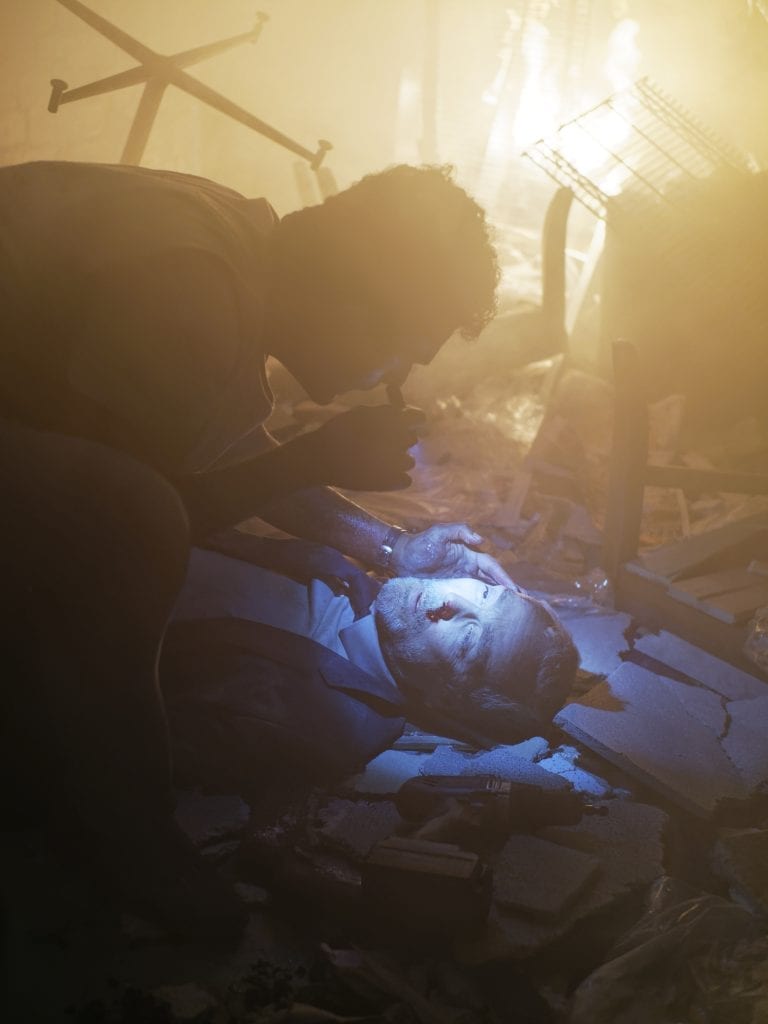
MC: How are you faring with the medical jargon? Do you sleep with a medical dictionary by your bed?
HH: No, no. I was meant to study science, so it was relatively easy. I think there was one day — I think it was day 84 of 96 of filming — where it was the first day that I couldn’t get through a certain word . . . There’s a rhythm to it that you develop and that’s all well and good, but I rather enjoyed it. In a very real way, I was just showing off my South Asian expectations of needing to become a doctor and being like, “Yeah, yeah, I could do this with my eyes closed.” I’d been groomed to be a doctor my entire life, I just never did it.
MC: So in what ways has playing Bash pushed you?
HH: The responsibility with having to tell such a timely story and such a real story. I’ve been playing caricatures of people and a lot of other things that weren’t really real. But with Bash, there’s a great many people that are going through something similar with being displaced, and people who are just struggling . . . just somebody who is working their hardest to provide for their family. [Also], trying to do justice to the Syrian refugee crisis. The refugee crisis in general really pushed me, because I’m blessed; I’m a person of absolute privilege. My parents chose to come here, they worked really hard, they had a lot of struggles. I had separate struggles, but they weren’t financial. My parents to did a lot of the heavy lifting for me immigrating to Canada.
And on top of that, I’m telling a Syrian refugee story as a Pakistani man; there are similarities between them in immigration and feeling like “the other,” but it’s a very specific story, and I did a lot of research on what actually happened and speaking with a lot of Syrian refugees. And purely coincidentally, my personal trainer, I found out three weeks into our sessions, he turned out to be a Syrian refugee as well. He’s from Aleppo. So there was a little vertical integration there, he taught me some swear words I’m sure I’m never gonna be able to say on camera, but I’ve got them in my back pocket.
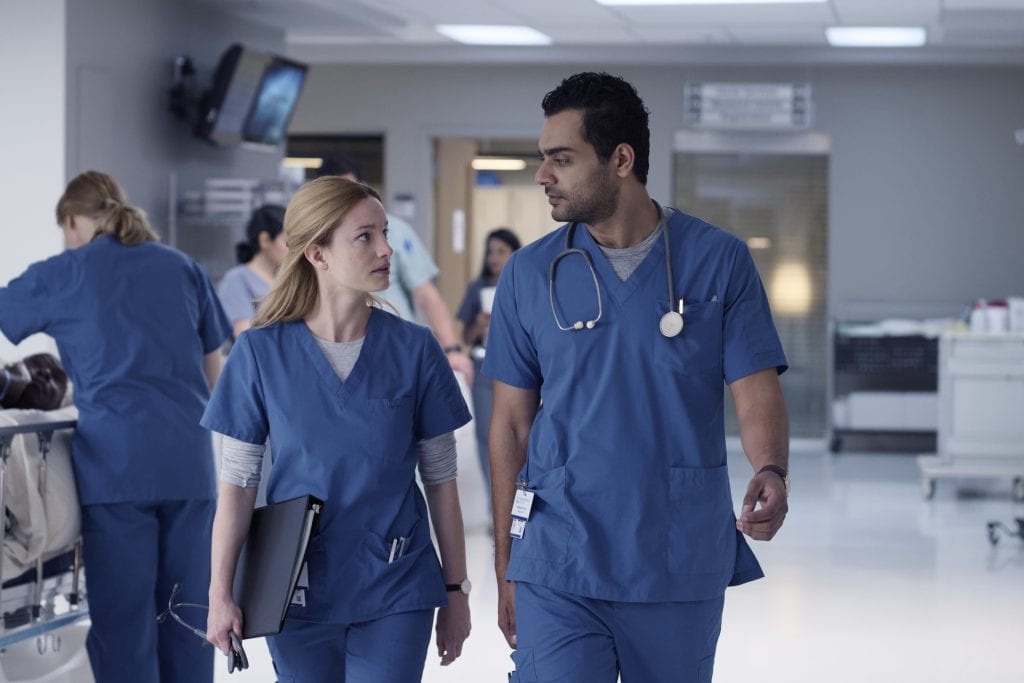
MC: As dark and tense as things get, there’s a real sense of optimism at the heart of this show.
HH: Absolutely. I think it was very important to tell a story that refugees and immigrants, we’re not victims. We’re not asking for handouts. We just want to work hard and we ask for the opportunity to do that. Because [Bash] is willing to put in the work, he always was — whether it was working at a shawarma shop or working at Memorial — and to tell the story of hopefulness through one’s own work, rather than “immigrants are coming here and they just exploit the system” . . . every major country in the world is built on the backs of immigrants. The fact that after so many years of hardship, Bashir has an opportunity to contribute the way he knows how to do best, I think that’s a very valuable thing that most refugees and most people who are displaced don’t get to do. Anytime you’re in an Uber, you’ll find, if your driver is an immigrant or refugee, he was probably a successful entrepreneur or engineer, and his qualifications are way beyond driving inebriated millennials around, but he’s hopeful for a better future, either for himself or his family.
Transplant airs Wednesdays at 10 p.m. on CTV. Their season finale is set to air on May 27, 2020.
Matthew Currie
Author
A long-standing entertainment journalist, Currie is a graduate of the Professional Writing program at Toronto’s York University. He has spent the past number of years working as a freelancer for ANOKHI and for diverse publications such as Sharp, TV Week, CAA’s Westworld and BC Business. Currie ...




